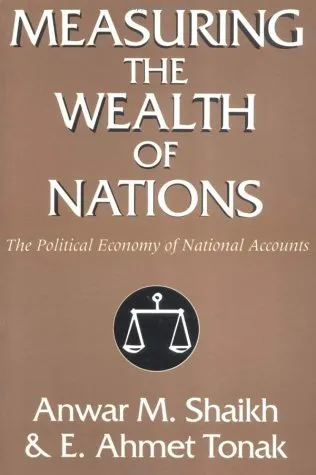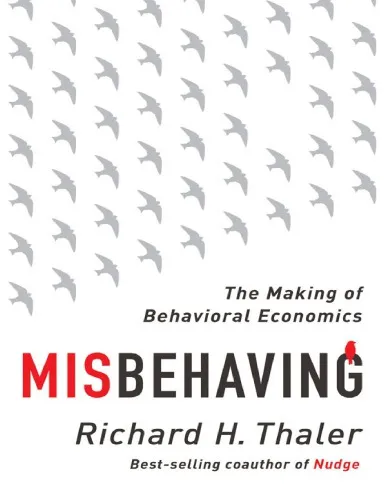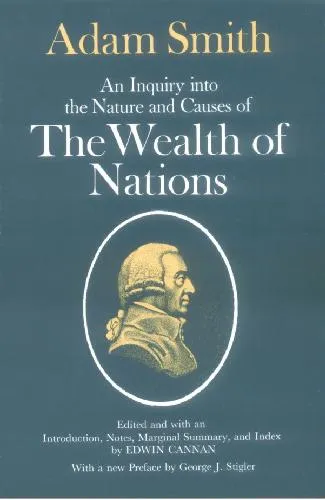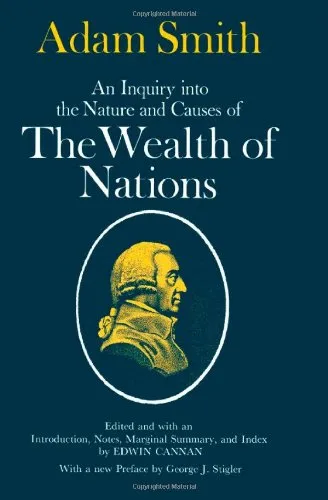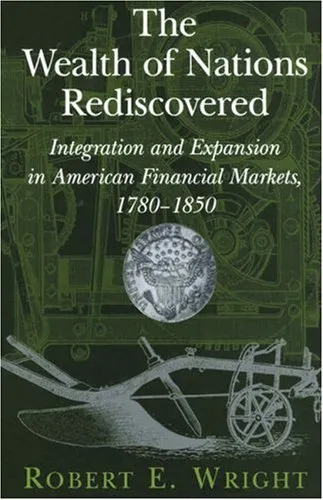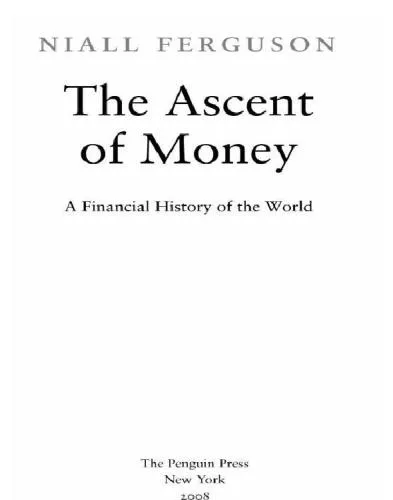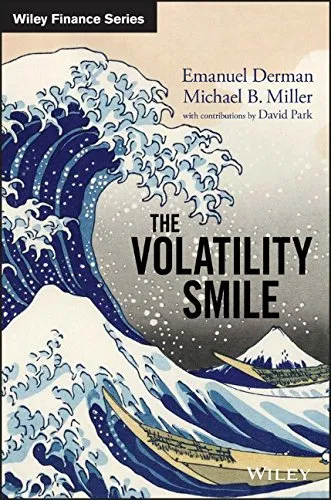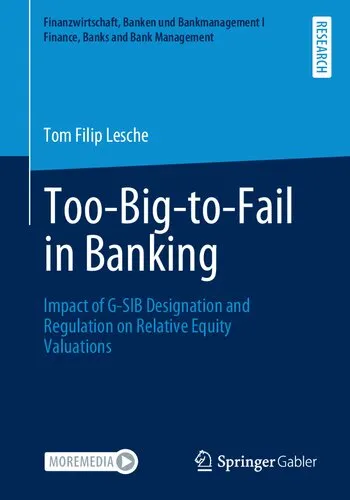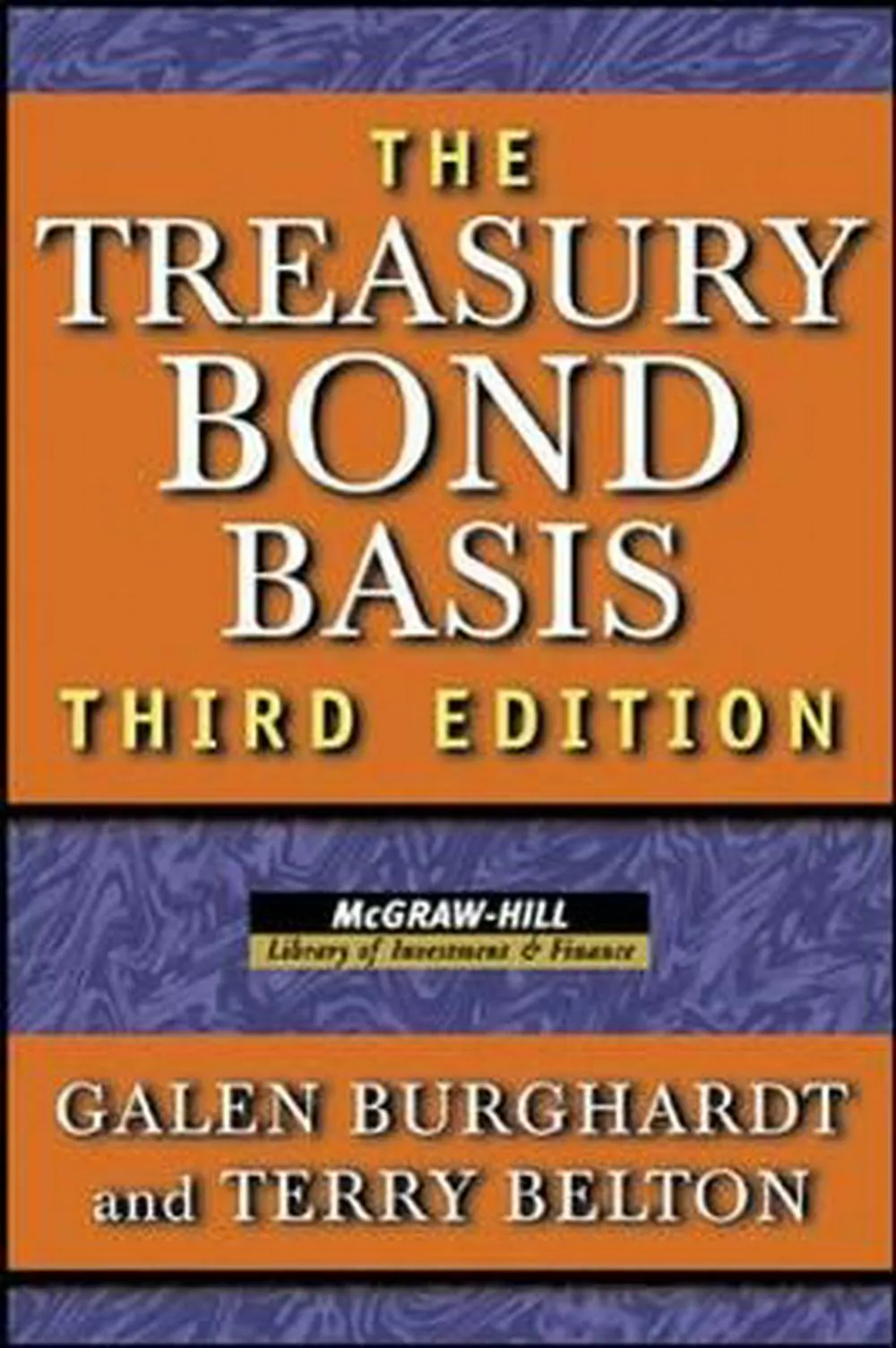Measuring the Wealth of Nations: The Political Economy of National Accounts
4.5
بر اساس نظر کاربران

شما میتونید سوالاتتون در باره کتاب رو از هوش مصنوعیش بعد از ورود بپرسید
هر دانلود یا پرسش از هوش مصنوعی 2 امتیاز لازم دارد، برای بدست آوردن امتیاز رایگان، به صفحه ی راهنمای امتیازات سر بزنید و یک سری کار ارزشمند انجام بدینکتاب های مرتبط:
مقدمهای بر کتاب 'Measuring the Wealth of Nations: The Political Economy of National Accounts'
کتاب 'Measuring the Wealth of Nations: The Political Economy of National Accounts' اثر 'Anwar M. Shaikh و E. Ahmet Tonak' به بررسی دقیق و جامع نظامهای حسابهای ملی میپردازد. این کتاب نگاهی عمیق به تأثیرات سیاسی و اقتصادی این سیستمها دارد و هدف آن تدوین یک تحلیل انتقادی و جامع از نحوه اندازهگیری ثروت ملی است.
خلاصهای از محتوای کتاب
این کتاب با ارائه زمینهای تاریخی از توسعه حسابهای ملی آغاز میشود و به نقشی که این ابزارها در شکلگیری سیاستها و اقتصاد جهانی ایفا کردهاند، میپردازد. نویسندگان به نقد ساختارهای متداول حسابهای ملی پرداخته و از دیدگاهی متفاوت، ارزش و محدودیتهای این سیستمها را بررسی میکنند. آنها به طور خاص به تعاملات پیچیدهای که بین سیاستهای اقتصادی یک کشور و شکلگیری دادههای اقتصادی وجود دارد، توجه دارند. محور اصلی کتاب نقد نظام حسابهای ملی فعلی بر اساس نظریههای اقتصادی کلاسیک و مدرن و به ویژه رویکرد مارکسیستی به اقتصاد است.
برداشتهای کلیدی
- حسابهای ملی ابزارهای پیچیدهای هستند که نحوه اندازهگیری اقتصاد و تولید ثروت را تعیین میکنند.
- تأکید بر اهمیت درک جایگاه سیاست در تعریف و تفسیر دادههای اقتصادی.
- نقد روشهای سنتی اندازهگیری تولید ناخالص داخلی (GDP) و ارائه راهحلهای جایگزین برای اندازهگیری دقیقتر رفاه اقتصادی.
- توضیح چگونگی تأثیر سیاستهای اقتصادی بر دادههای آماری و تفسیر آنها.
نقلقولهای مشهور از کتاب
"حسابهای ملی به خودی خود بیطرف نیستند؛ آنها انعکاسی از قدرت سیاسی و تصمیمات اقتصادیاند که به شفافسازی یا پنهانسازی واقعیتهای اقتصادی کمک میکنند."
"درک کامل عملکرد اقتصادی یک کشور نیازمند بررسی عمیقتر از منابع و توزیع ثروت است که در گزارشهای رسمی ارائه میشود."
چرا این کتاب مهم است؟
این کتاب به دلیل رویکرد انتقادی و تحلیلی عمیقی که به نظام حسابهای ملی دارد، حائز اهمیت است. نویسندگان با ارائه تبیینی دقیق از تاریخچه و کارکرد این سیستمها، خواننده را با محدودیتها و نقصهای آنها آشنا میکنند و راهکارهای عملیاتی برای بهبود روشهای اندازهگیری ارائه میدهند. این کتاب به عنوان منبعی ضروری برای اقتصاددانان، سیاستگذاران و دانشجویان حوزه اقتصاد به شمار میرود و آنها را ترغیب میکند تا به مسائلی عمیقتر از آنچه در سطح اقتصاد میبینند، بیندیشند.
Welcome to the introduction of "Measuring the Wealth of Nations: The Political Economy of National Accounts," an illuminating guide through the intricate world of economics and national accounts. This book meticulously explores the theoretical underpinnings and practical applications of measuring a nation's wealth, aiming to demystify and critically analyze traditional economic measures.
Detailed Summary of the Book
The book "Measuring the Wealth of Nations" delves into the foundations of national accounting, questioning conventional economic metrics like GDP and exploring their profound implications on political economy. Authored by Anwar M. Shaikh and E. Ahmet Tonak, the book serves as both an academic resource and a critically reflective narrative about how wealth is measured and represented globally. It traces the origins of national income accounting, carefully assessing how these methodologies were formed and subsequently adopted worldwide.
Throughout the book, Shaikh and Tonak argue that traditional measures often overlook significant aspects of economic and social well-being. They propose alternative frameworks and methodologies that better encompass the economic realities of nations, providing a deeper understanding of how to navigate the complexities of contemporary economies.
Key Takeaways
- The book emphasizes the limitations and biases inherent in conventional economic measures like GDP, revealing how they fail to capture the true economic and social dynamics of a nation.
- Shaikh and Tonak encourage a comprehensive rethinking of national accounts, advocating for more inclusive and reflective measurements that consider social and environmental factors.
- The text provides a historical context of national accounting practices, illustrating their evolution and the political influences that shaped them.
- By dissecting traditional economic theories, the authors propose alternative frameworks for understanding and quantifying economic progress.
Famous Quotes from the Book
"Economic measures are not merely tools of analysis; they are active participants in the shaping of our world."
"What gets measured gets managed, but what matters most is often left unmeasured."
Why This Book Matters
"Measuring the Wealth of Nations" holds significant importance in today's economic discourse, especially in the era of globalization and rapid technological advancement. As societies grapple with economic crises, environmental concerns, and social inequalities, reliable measures of national prosperity are more critical than ever. This book not only challenges readers to question existing paradigms but also equips them with the knowledge to advocate for change in economic policy and practice.
The authors’ critical insights serve as a clarion call for economists, policymakers, and scholars to reevaluate the metrics that govern economic decisions. By offering a more nuanced perspective, this work facilitates a deeper understanding of economic dynamics, encouraging a shift towards measures that truly reflect the holistic well-being of nations and their citizens.
دانلود رایگان مستقیم
شما میتونید سوالاتتون در باره کتاب رو از هوش مصنوعیش بعد از ورود بپرسید
دسترسی به کتابها از طریق پلتفرمهای قانونی و کتابخانههای عمومی نه تنها از حقوق نویسندگان و ناشران حمایت میکند، بلکه به پایداری فرهنگ کتابخوانی نیز کمک میرساند. پیش از دانلود، لحظهای به بررسی این گزینهها فکر کنید.
این کتاب رو در پلتفرم های دیگه ببینید
WorldCat به شما کمک میکنه تا کتاب ها رو در کتابخانه های سراسر دنیا پیدا کنید
امتیازها، نظرات تخصصی و صحبت ها درباره کتاب را در Goodreads ببینید
کتابهای کمیاب یا دست دوم را در AbeBooks پیدا کنید و بخرید
1576
بازدید4.5
امتیاز0
نظر98%
رضایتنظرات:
4.5
بر اساس 0 نظر کاربران
Questions & Answers
Ask questions about this book or help others by answering
No questions yet. Be the first to ask!
